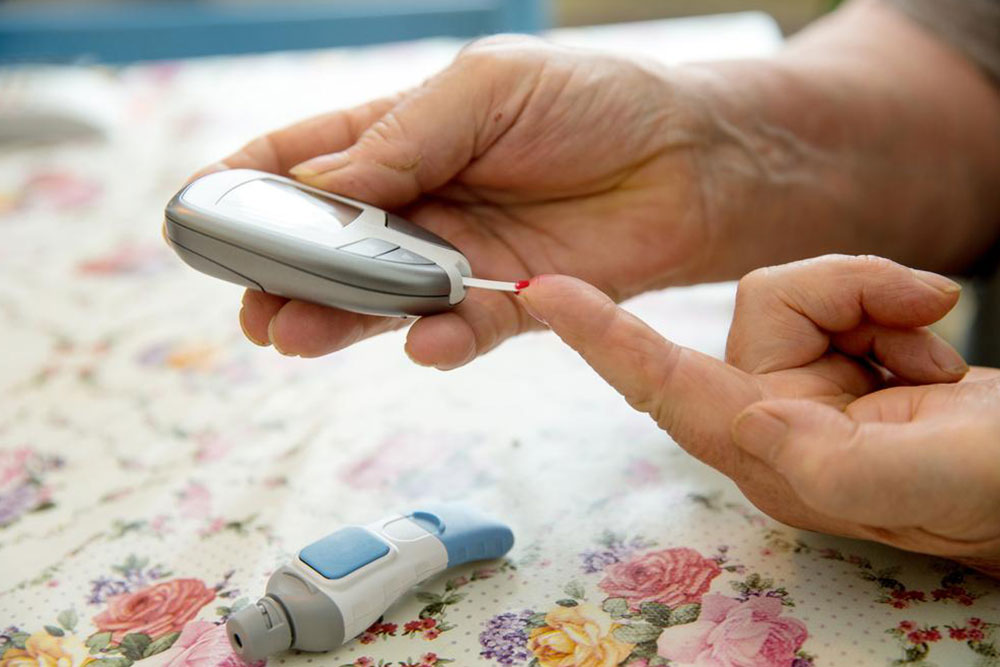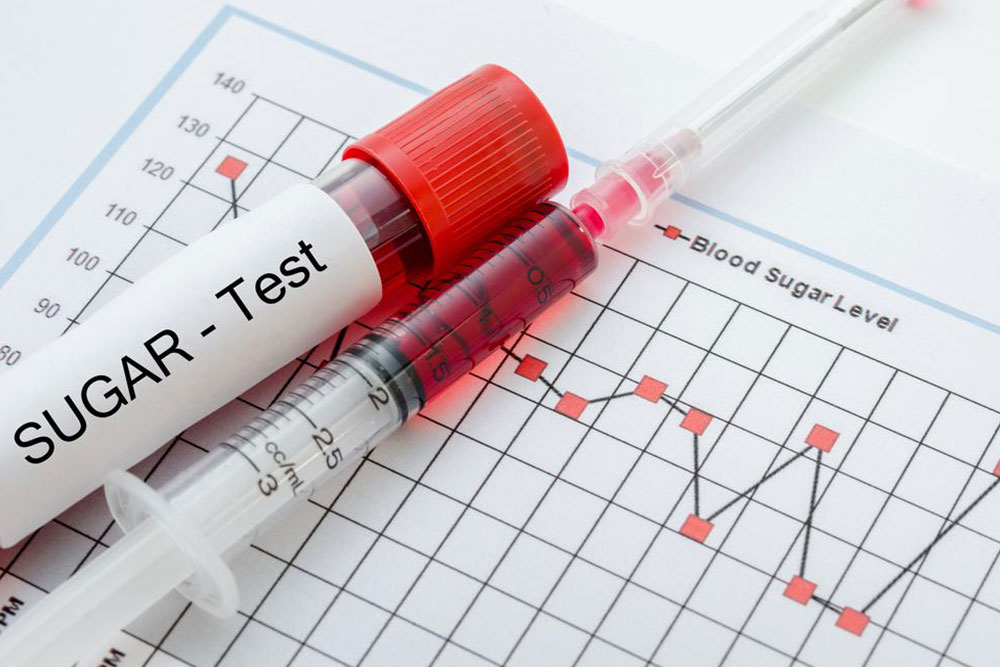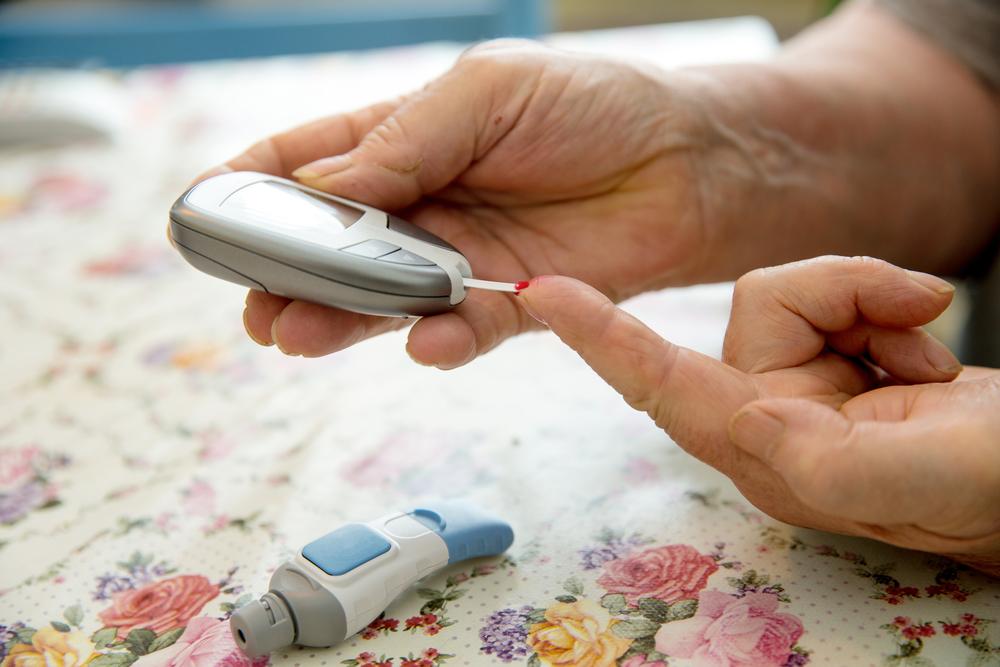Smart Strategies to Manage Elevated Blood Glucose Levels
Discover effective strategies to manage high blood sugar levels, including medication, diet, and exercise. Learn how to interpret blood glucose charts and prevent complications associated with hyperglycemia. Regular monitoring and lifestyle adjustments are key to maintaining optimal blood glucose levels and improving overall health.

Smart Strategies to Manage Elevated Blood Glucose Levels
Individuals with diabetes are often cautioned about the dangers of high blood sugar, or hyperglycemia. This condition occurs when blood glucose spikes unexpectedly, and if left unmanaged, it can worsen over time. Persistent high blood sugar can lead to serious complications, including damage to vital organs such as the brain and kidneys. The body naturally produces glucose in the liver and muscles, sourcing additional energy from dietary carbs. Proper management is essential to prevent these health issues.
Blood glucose is transported through the bloodstream to body cells, requiring insulin hormone production by the pancreas. In diabetics, insufficient insulin or faulty insulin function results in glucose remaining in the blood, causing elevated levels.
The glucose circulating in the blood supplies energy to the body's cells. Maintaining this process depends on adequate insulin levels. When insulin is lacking or ineffective, blood sugar levels rise.
What Triggers High Blood Sugar?
Several factors can cause sustained high blood sugar, including excessive carbohydrate consumption, stress, inadequate insulin production, lack of physical activity, illnesses, infections, and certain medications like steroids.
Understanding Blood Sugar Level Guidelines
A blood sugar reference chart helps interpret fasting and post-meal readings. Keeping levels below 130 mg/dl before meals and under 180 mg/dl after eating is ideal. Regular monitoring over time provides insight into management effectiveness. Since individual targets vary based on age, health, and lifestyle, consult a healthcare professional regularly for personalized advice. Methods to control high blood sugar may include:
Medications — Follow prescribed drug regimens, adjusting doses or timing as advised by your doctor to optimize results and maintain blood sugar within target ranges.
Dietary Plan — Adopt a balanced diet rich in vegetables, fruits, and whole grains. Reduce intake of sugars and refined carbs. Avoid alcohol and tobacco, and consume small, frequent meals to stabilize blood sugar levels.
Physical Activity — Engage in regular exercise to improve insulin sensitivity and overall health. Follow your doctor's recommendations, especially if certain conditions contraindicate intense activity.










